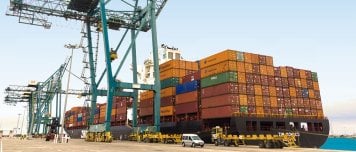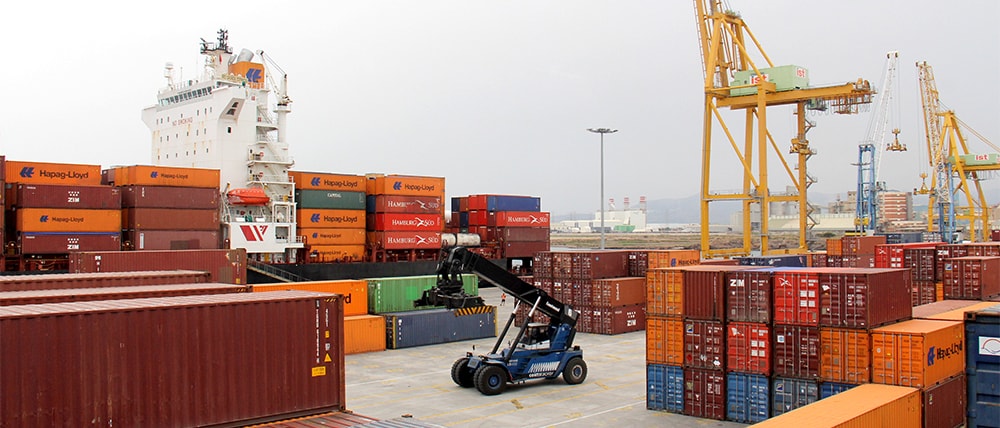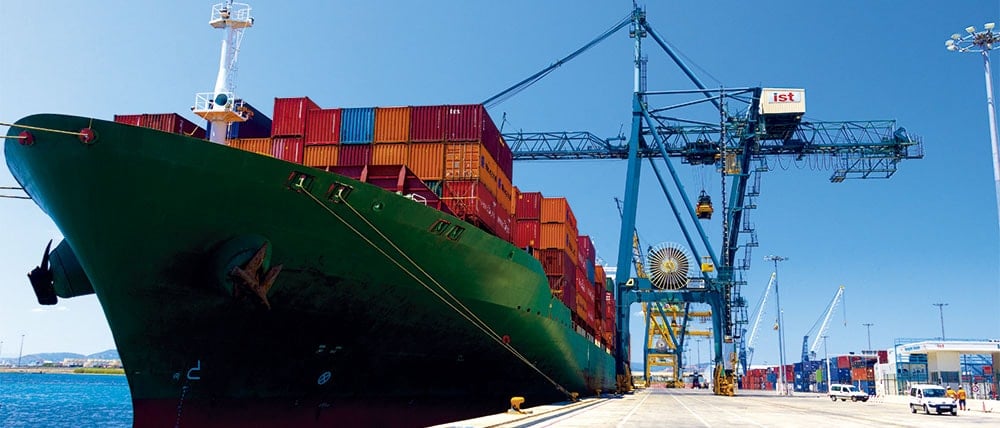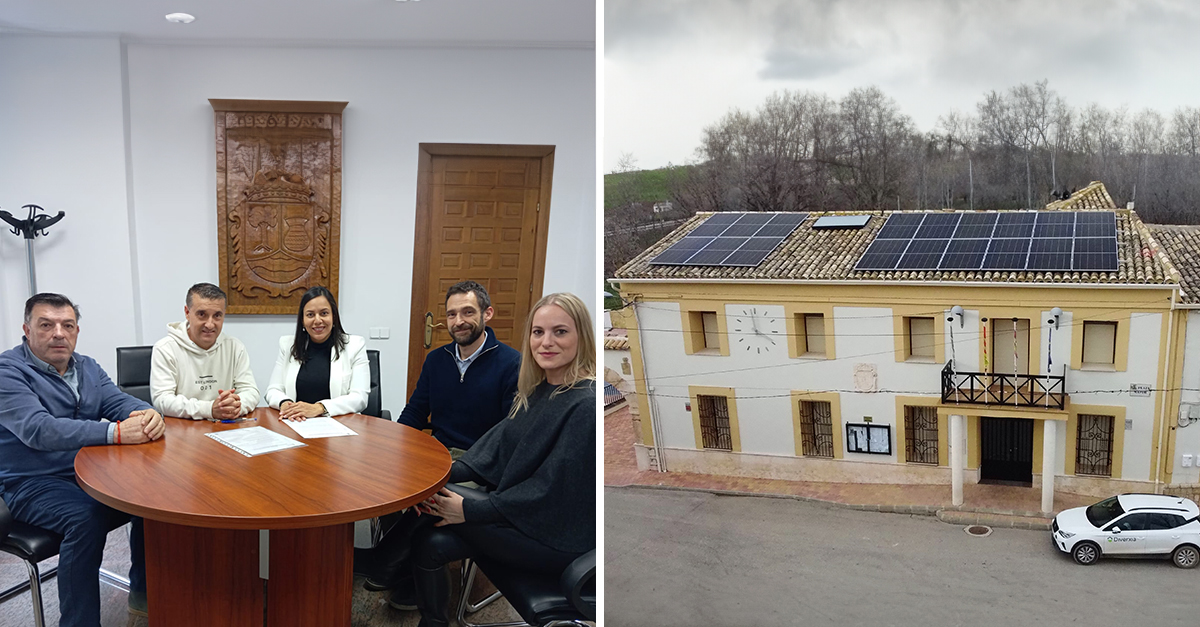Intersagunto Terminales is committed to environmentally friendly logistics and receives the stamp of registration in the Carbon Footprint Register
Intersagunto Terminales aspires to become one of the most efficient and environmentally friendly maritime terminals in the Spanish Mediterranean Arc. To this end, since the beginning of its activities, it has been implementing a series of measures aimed at reducing its carbon footprint and optimizing energy consumption.
In addition to obtaining the ISO 50001 energy efficiency certificate that guarantees its commitment to reducing CO2 emissions per ton transported, the terminal operated by Alonso Group has recently formalized its registration in the Carbon Footprint Register of the Ministry of Agriculture and Fisheries, Food and Environment.
After evaluating a complete report on the actions being carried out at Intersagunto Terminales to manage the measurement and gradual reduction of carbon emissions, the Spanish Office of Climate Change has decided positively to award the carbon footprint seal “calculo”.
A further step towards energy saving
Obtaining this seal is important for several reasons. First of all, it certifies an organization’s effort to detect and calculate which processes throughout its activity consume energy, and what is the impact this consumption has on the environment.
In this way, IST’s customers can know exactly what carbon footprint the passage of their merchandise through their facilities generates. Knowing this data not only allows them to become aware of the environmental benefit of using infrastructures such as these with high energy efficiency, but also to be able to add this figure to the total calculation of emissions per TEU transported along the entire logistics chain.
On the other hand, having standardized measurement and monitoring systems for energy consumption is the only effective way to apply solutions that allow the progressive reduction of both consumption and CO2 emissions to the atmosphere.
Intersagunto anticipates the future
In this sense, since Intersagunto Terminales began to implement these energy efficiency measures in 2014, it has managed to progressively reduce its annual CO2 footprint and hopes to surpass its initial prediction of a 30% reduction in CO2 emissions into the atmosphere by early 2018.
This continued effort to achieve excellence in the field of energy efficiency is part of the Alonso Group’s global strategy to offer its customers the greatest possible number of CO2-free logistics services.
In this way, the company intends to adopt the most demanding postulates of the European Commission at an environmental level and to anticipate the new needs of the global logistics market, which increasingly demands greater responsibility with regard to the environment from all the actors involved.








